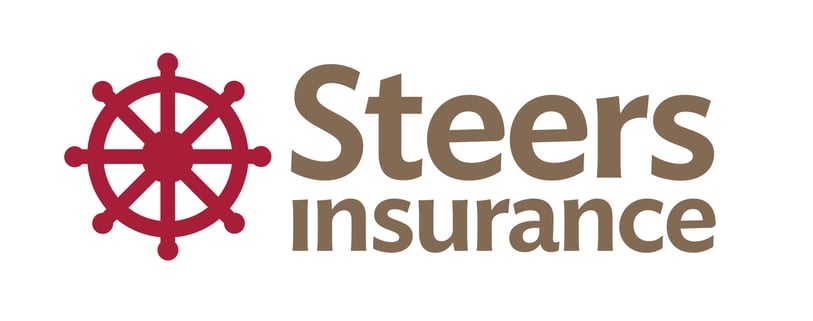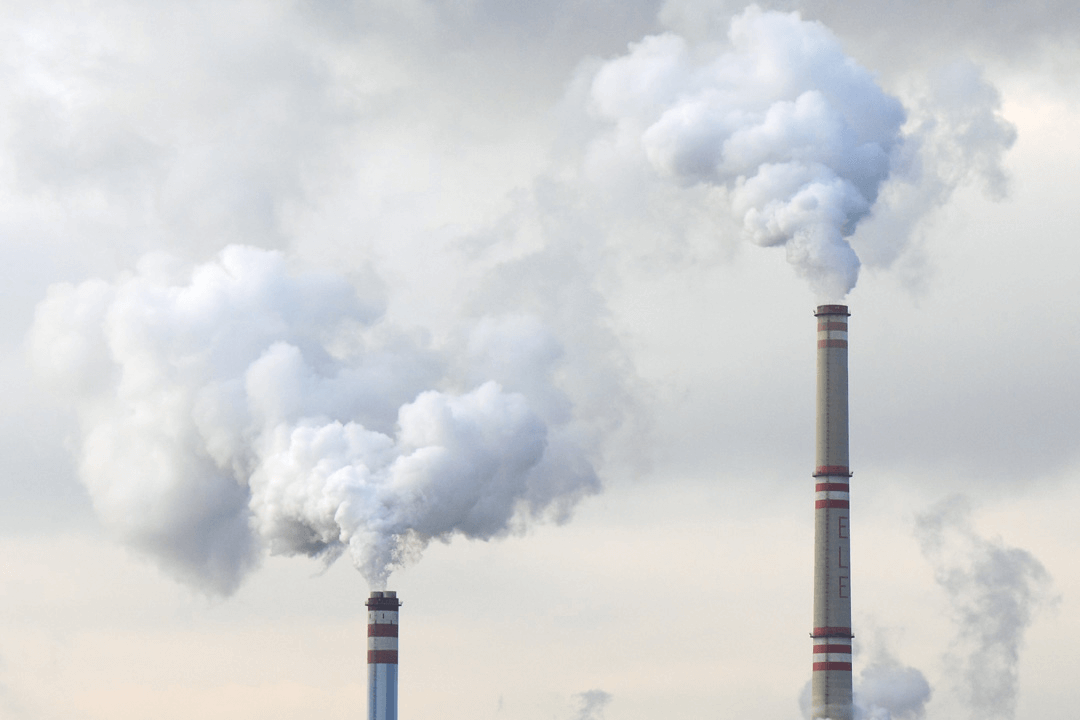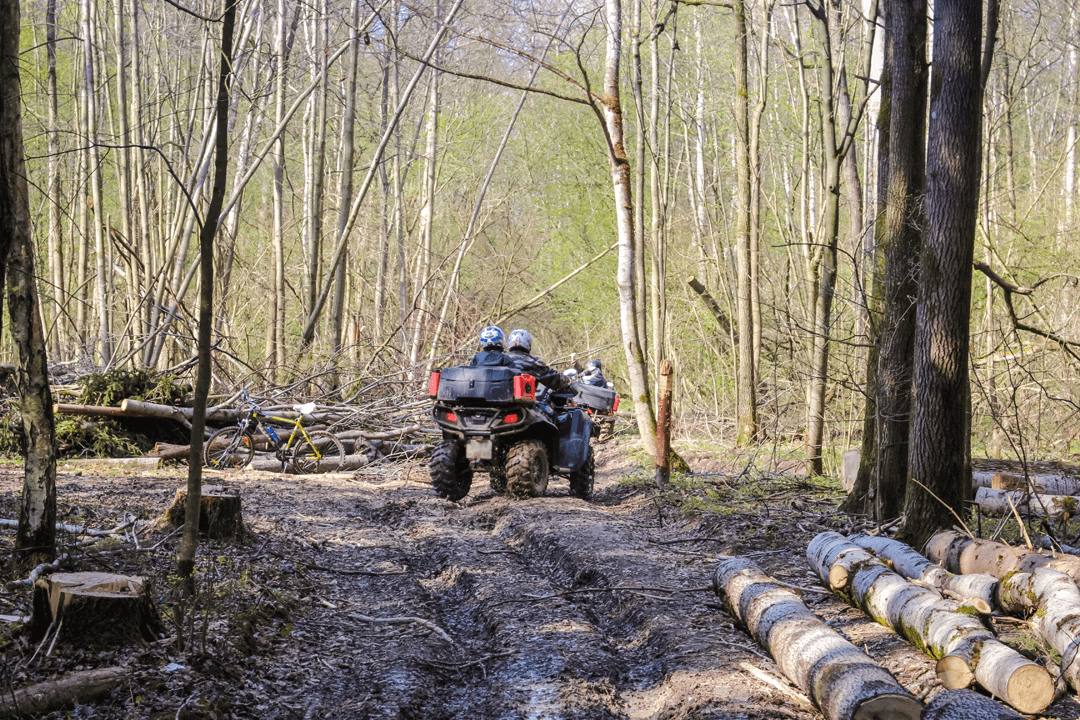At Steers Insurance Atlantic, we’re committed to providing you with valuable information. This month, our focus is on wildfire safety. We've condensed this information to make it easy for you to pass along. Together, let’s ensure everyone stays safe.
As we transition into another season, it's important to acknowledge the challenges we faced last year. The wildfires that swept through the Maritimes served as a stark reminder of the importance of being prepared and staying informed.

Risk Assessment: Is Your Home Safe
Assessing the vulnerability of your home to wildfires is a critical first step in wildfire preparedness. Take a comprehensive inventory of your property, paying close attention to potential ignition sources such as overhanging branches, accumulated debris, and flammable materials. Identifying and mitigating these hazards can reduce the risk of wildfire damage to your home.
Creating Safe Space: Tips for Protecting Your Home
Creating defensible space around your home is one of the most effective strategies for wildfire protection. Clearing vegetation and combustible materials within at least 30 feet of your home creates a buffer zone that can impede the spread of fire and reduce the likelihood of ignition. Additionally, implementing fire-resistant landscaping practices, such as using non-flammable mulch and selecting fire-resistant plant species, can enhance your home's resilience to wildfires.
Home Improvement: Tips for Protection
Strengthening the structural integrity of your home can help minimize the risk of wildfire-related damage. Utilizing fire-resistant building materials for your roof, exterior walls, and windows can provide an added layer of protection against wildfire damage. Installing spark arrestors on chimneys and vents can keep your home from becoming a source of fire-starting embers.
Getting Ready for Emergencies: What to Do
Preparing for the possibility of evacuation is a key step for ensuring the safety of your family and property in the event of a wildfire. Develop an evacuation plan that outlines escape routes, rendezvous points, and communication protocols for reuniting with family members. Assemble an emergency kit containing essential supplies, including water, non-perishable food, medications, important documents, and clothing, to sustain you and your family during evacuation and potential displacement.
Insurance: Making Sure You're Covered
Reviewing your insurance coverage is an essential aspect of wildfire preparedness. Ensure that your insurance policy provides adequate coverage for wildfire-related damage to your home and personal property, including structural repairs, temporary housing, and replacement costs. Consult with your broker or agent to clarify any coverage limitations or exclusions and explore additional coverage options, such as wildfire liability insurance, to mitigate financial risks associated with wildfires.


 ;
;
 ;
;
 ;
;
 ;
;
 ;
;
 ;
;
 ;
;

